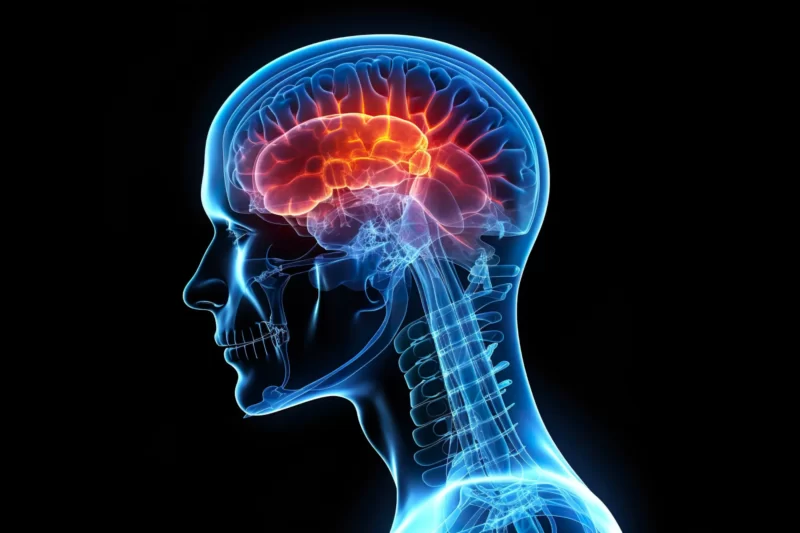Introduction
In the realm of medical and legal fields, the significance of accurate neurocognitive testing cannot be overstated. As technology continues to evolve, so does the ability of humans to assess and understand the complexities of the human brain. One notable development in this area is the Oxford Cognitive Screen (O-CAT), a tool designed to provide comprehensive evaluations. This article explores the general aspects of neurocognitive tests, with a focus on the O-CAT system and its potential implications in medical and legal contexts.
The Vital Role of Cognitive Assessments in Medical and Legal Contexts
Assessing a range of cognitive functions including memory, attention, language, and executive functions, this testing plays a crucial role in diagnosing and understanding conditions affecting the brain. These assessments are instrumental in cases involving traumatic brain injuries (TBI), dementia, and various other neurological disorders. In legal settings, these evaluations are frequently employed to assess cognitive functioning in individuals participating in legal cases, such as personal injury claims or criminal proceedings.
The O-CAT System
The Oxford Cognitive Screen for Traumatic Brain Injury (O-CAT-TBI) stands out as a tool aiming to provide a standardized and comprehensive evaluation of cognitive functions. Developed by a team of experts in neurology and neuropsychology, O-CAT-TBI is designed to assist healthcare professionals and legal practitioners in obtaining a detailed understanding of an individual’s cognitive abilities.


Key Features of O-CAT
- Standardization: O-CAT-TBI employs standardized testing procedures, ensuring consistent and reliable results across different assessments. This standardization is essential for accurate comparisons and the identification of cognitive changes over time.
- Comprehensive Assessment: The O-CAT system assesses a wide range of cognitive functions, including memory, attention, language, and visuospatial abilities. This comprehensive approach provides a more detailed profile of an individual’s cognitive strengths and weaknesses.
- Adaptability: The O-CAT system is adaptable to various settings, making it suitable for both clinical and legal applications. Whether used in a hospital setting to aid in diagnosis or in a legal context to assess cognitive functioning for a case, the O-CAT system offers flexibility.
Implications in Medical Settings
In medical contexts, the O-CAT system can be a valuable tool for healthcare professionals dealing with patients with suspected TBI or other cognitive impairments. The detailed cognitive profile generated by O-CAT can aid in accurate diagnosis, treatment planning, and monitoring of cognitive changes over time. This can significantly enhance the quality of care provided to individuals with neurological conditions.
Implications in Legal Settings
In legal scenarios, assessments frequently focus on evaluating the cognitive functioning of individuals involved in legal proceedings. The O-CAT system’s standardized approach and comprehensive assessment can contribute valuable information in cases where cognitive impairment may be a factor. This information can be pivotal in determining the capacity of individuals to stand trial, participate in legal proceedings, or assess the extent of cognitive impairment resulting from injuries.
Conclusion
As advancements in neurocognitive testing continue, tools like the Oxford Cognitive Screen for Traumatic Brain Injury (O-CAT-TBI) offer promising avenues for both medical and legal professionals. The ability to obtain detailed and standardized cognitive assessments can enhance diagnostic accuracy, treatment planning, and legal decision-making. In the intersection of medicine and law, the O-CAT system stands as a testament to the ongoing efforts to better understand and address the complexities of the human brain.

